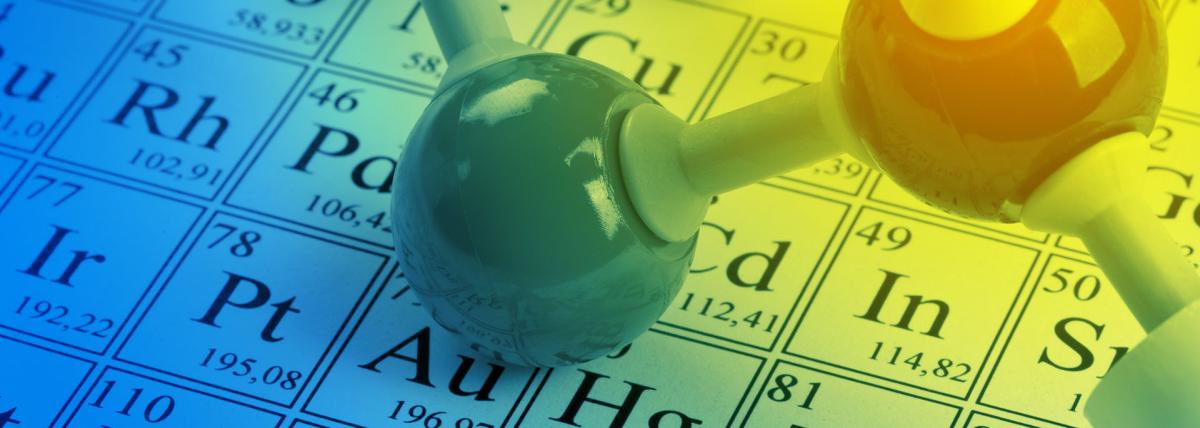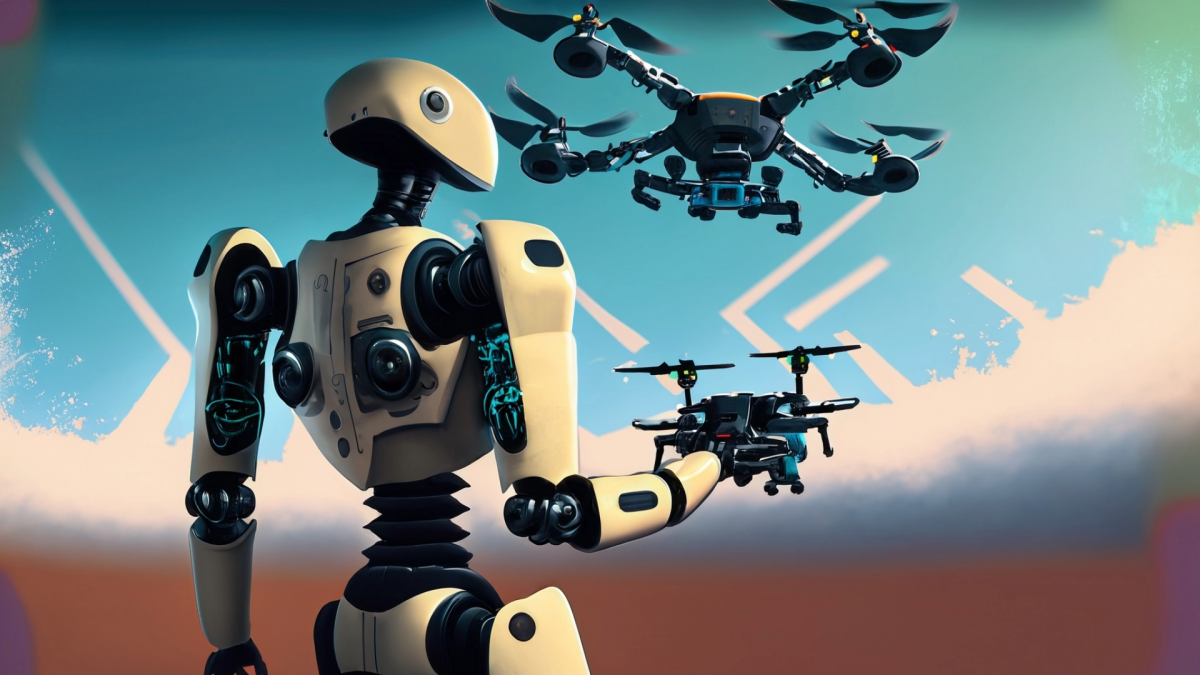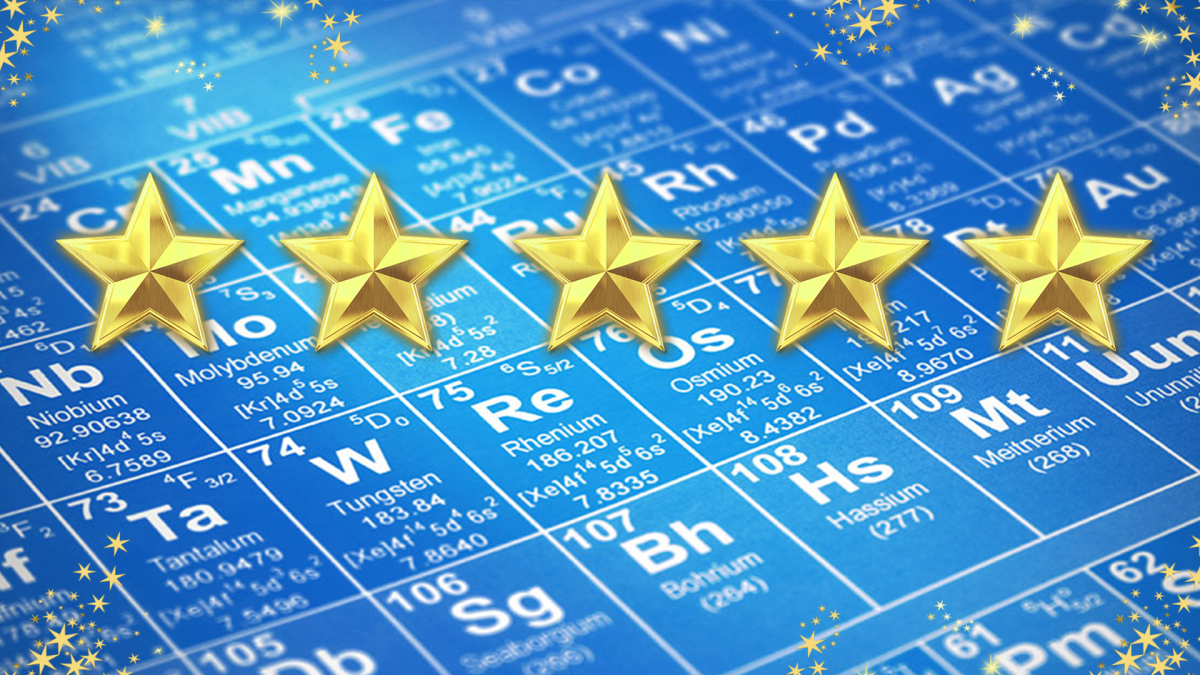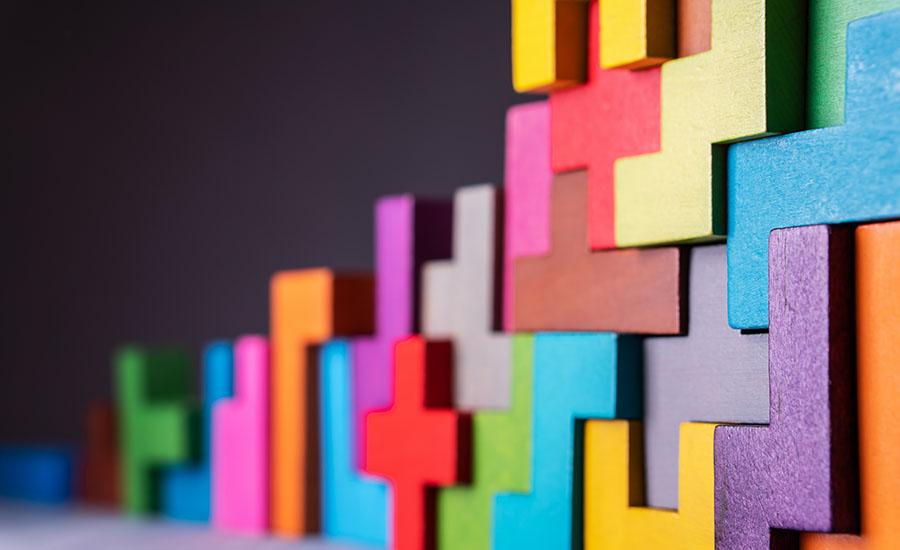
Grades:
10th Grade, 11th Grade, 12th Grade
The lesson plan uses the formula derived by Sal from Khan Academy how to solve for the monthly payment of a long term loan whose interest is compounded monthly. The lesson also include how to find the

Grades:
9th Grade, 10th Grade, 11th Grade, 12th Grade
This set of lessons allows students to model the structure of an atom and use this to define trends on the Periodic Table and characteristics within groups. In addition, students can relate the

Grades:
5th Grade
This lesson introduces a phenomenon to start a unit on the properties of matter. Students will plan and carry out a investigation of an unknown mixture and collect data. In doing so, they will begin

Grades:
Kindergarten, 1st Grade, 2nd Grade, 3rd Grade
Students will learn about the engineering design process by working in small groups to identify a problem, then design and create a solution, inspired by the main character's creativity and problem

Grades:
5th Grade
Students will observe different changes in food and through research determine if the changes are physical or chemical in nature. The students will be able to determine the type of change taking place

Grades:
8th Grade
Students will explore the separation method of liquid chromatography by analyzing the types of dyes in marker brands. They will then get the opportunity to calculate the change in dye placement and

Grades:
9th Grade, 10th Grade, 11th Grade, 12th Grade
In this real-world STEM lesson, students take on the role of product planners at Apple to determine the optimal production mix of iPhone 16 colors that maximize profit while considering demand

Grades:
10th Grade
Students will learn about the concept of ratios and their applications in cooking and baking. They will create simple recipes, formulate questions based on these recipes, and engage in activities to

Grades:
2nd Grade
This is a week long review activity to be done outdoors on student devices. Students will complete physical/ outdoor activities and see how math fits into their daily life. This is meant to be done in

Grades:
9th Grade, 10th Grade, 11th Grade, 12th Grade
The first rule in the chemistry lab is “don’t eat or drink or lick anything in the lab”! This lesson breaks those rules and shows students how culinary is really a practical application of chemistry

Grades:
10th Grade, 11th Grade, 12th Grade
In this engaging and interactive lesson, high school students (grades 10-12) will explore the fascinating world of molecular geometry using the PhET "Molecule Shapes" simulation. The lesson is

Grades:
2nd Grade, 3rd Grade
Students will research a biome around the world, including 3 animals, 3 plants, and 3 nonliving parts of the ecosystem. Students will construct a diorama of the biome and illustrate a natural disaster

Grades:
9th Grade, 10th Grade, 11th Grade
A common challenge in Thermodynamic Chemistry is how do endo vs. exothermic reactions FEEL. Students will conduct three different chemical reactions to collect data and observations about the

Grades:
7th Grade, 8th Grade, 9th Grade
I recently extended my lesson on my homesite lease, which involves land plots on the reservation. I covered the process of designing our land plot, including drawing elements such as homes, corrals

Grades:
11th Grade, 12th Grade
In this lab, students will extract copper from Copper (II) Sulfate using Iron. Students will balance the equation, label the equation, calculate molar mass, calculate the limiting reactant and excess

Grades:
9th Grade, 10th Grade, 11th Grade, 12th Grade
This STEM Argumentative Research Project engages students in exploring the scientific, ethical, and societal implications of themes in Mary Shelley's "Frankenstein." Students will work in groups to

Grades:
9th Grade, 10th Grade, 11th Grade, 12th Grade
Students go to four different stations to observe how pressure, temperature, and volume interact to affect the behavior of gases. They will also utilize math skills for some of the stations in this

Grades:
5th Grade
In this exciting 5th grade science lesson, students will delve into the microscopic world using microscopes and explore the field of nanotechnology. The lesson begins with an engaging introduction to

Grades:
9th Grade
Students will grow two plants, one control and one with a manipulated independent variable. Throughout the time the plant grows students will monitor the plants and make observations. They will also

Grades:
6th Grade, 7th Grade, 8th Grade
This is an introductory lesson to binary and circuits. In this lesson, students will learn about binary code, logic gates, and how circuits enable computers to process binary code. This lesson is

Grades:
7th Grade, 8th Grade, 9th Grade, 10th Grade, 11th Grade, 12th Grade
Want to incorporate the Arts into your 7-12 STEM classroom? The Global Science Opera provides a way to do just that! Learn how to facilitate a STEAM collaboration with arts teachers to make it happen.

Grades:
9th Grade, 10th Grade, 11th Grade, 12th Grade
This lesson is a follow-up to the lesson titled "Creating Sustainable Solutions with Bioplastics Part 1". In this lesson, students evaluate different ingredients for bioplastics and create a minimum

Grades:
9th Grade, 10th Grade, 11th Grade, 12th Grade
In this lesson students evaluate the advantages and disadvantages of conventional, petroleum-based plastics, bioplastics, and their different varieties. The lesson is driven by class/group research

Grades:
10th Grade, 11th Grade, 12th Grade
Students will unravel the intricacies of environmental impact analysis, gaining insight into its pivotal role in evaluating the sustainability of chemical processes. Through a blend of explanation
